
What’s happening in India’s iGaming market? The IT Ministry of India publishes proposed iGaming regulations – domestic licensing is imminent. (Photo by Romain Dancre on Unsplash)
A suggested draft for iGaming regulations drawn up by the government of India is now circulating with the proposed rules outlined by the country’s Information Technology Ministry.
Last month you read the news report suggesting an iGaming regulatory authority in India was close, you probably already knew this was on the cards. Also, there has been no shortage of headlines and leaks surrounding the IT Ministry’s involvement in drafting a new proposal.
As iGaming and sports betting online continues to rise in popularity in the country, there has been increasing concern over the lack of controls in place to protect citizens. One of the main concerns touted is the addictiveness of gambling, especially within less well-off communities where they may see gambling as a means to ‘get rich quick’. Fair point!
Of course, there are also plenty of other citizens in India who can legitimately afford to gamble online but are at risk from the perils of gambling online, such as gambling addiction, unregulated online casinos that offer INR and crypto deposits but are out there to steal players’ money. Many of these have stolen player winnings, which has created rising police reports in India, but ultimately, there is nothing the police can do to track down overseas entities cheating the country’s citizens.
The current solution for players in India: Play at online casinos with a Malta Gaming Authority (MGA) licence. The MGA protects citizens in India and ensures casinos offer fair services.
The Solution is Obvious for the Government of India
Players in India can in fact safely play at MGA-licenced online casinos, However, the problem is, the government does not have a gambling authority with a budget to educate citizens. On top of this, the online gambling market in India is estimated to be worth more than $7 billion come 2026. That’s billions of Rupees leaving the country to overseas entities not paying tax in return.
For the government of India, the only solution to tackle the issue is to create a domestic licensing authority. Once a domestic licensing authority controlling all twenty-eight states and 8 union territories, it can fund itself through application and fees paid by online gambling companies.
What Are the Newly Proposed Regulatory Laws?
Even though the government of India recently approved eSports, these rules exclude gambling on these types of markets as the responsibility falls under the Sports Ministry. However, in time, I am sure they will come together as these are online sports mixed with gambling, and as such, the Sports Ministry will seek help from the IT Ministry.
In the draft proposal, the rules suggested are much like we have seen with the new Ontario iGaming market. Gaming companies must gain government approval via a self-regulated body with an appointed government official and team in place. Every online gambling business must appoint a ‘chief compliant officer’. Also, overseas companies must pay tax (although taxation is a separate debate currently under draft.
Gambling tax bill still under debate: Currently, it has not been decided whether to tax gambling companies on revue or profits, which has meant a delay in coming to a final decision.
Proposed Regulations for iGaming Licensing in India

- iGaming to register with authrity
- All iGaming companies need a compliance officer
- Compliance may include affordability checks
- Responsible gambling measures will be included
- Taxation for online gambling still undecided
Why should you play at regulated online casinos only?
Naturally, India is a target for rouge casinos with no iGaming licensing. If you have read many of the iGaming publications on our menu, you will know that playing at an online casino that is not regulated by a reputable iGaming authority poses a barrage of risks. For example, not paying out winnings, rejecting perfectly adequate KYC information, closing your casino account for no reason or even using player balances to find the casino, only for the casino to go bankrupt and not able to settle withdrawal requests.
Some casinos will even go as far as producing fake video slots and virtual table games using the same gameplay and tech as a well-known brand. These games come with super low RTPs (Return to Player) is super low.
Read about video slot cheats: One company has already had this happen – Online Casino Sites Cheat with Fake Endorphina Slot Titles.


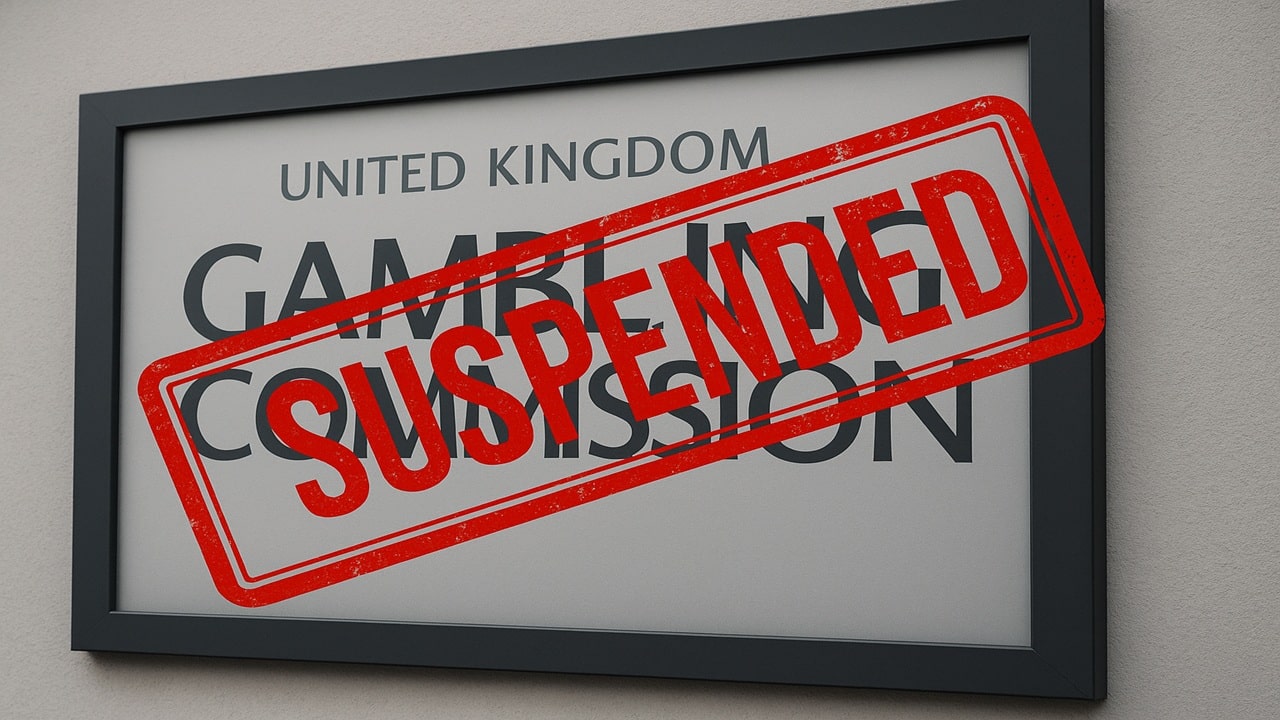
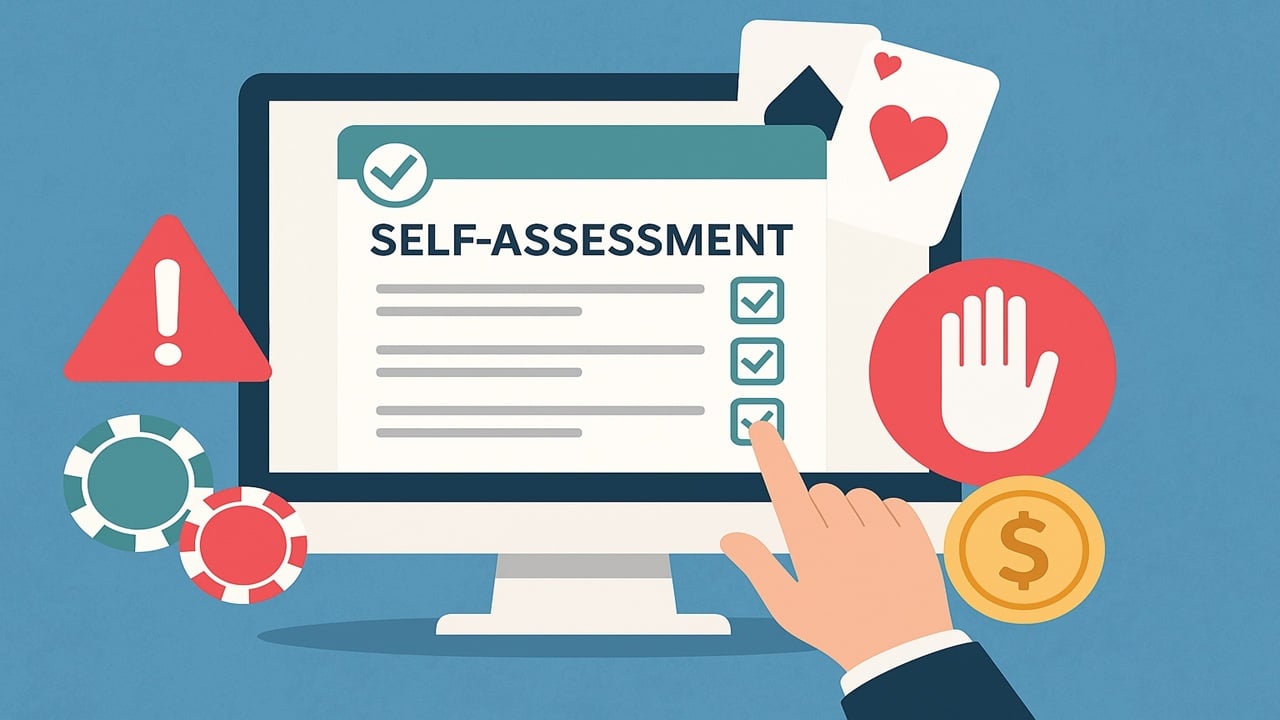




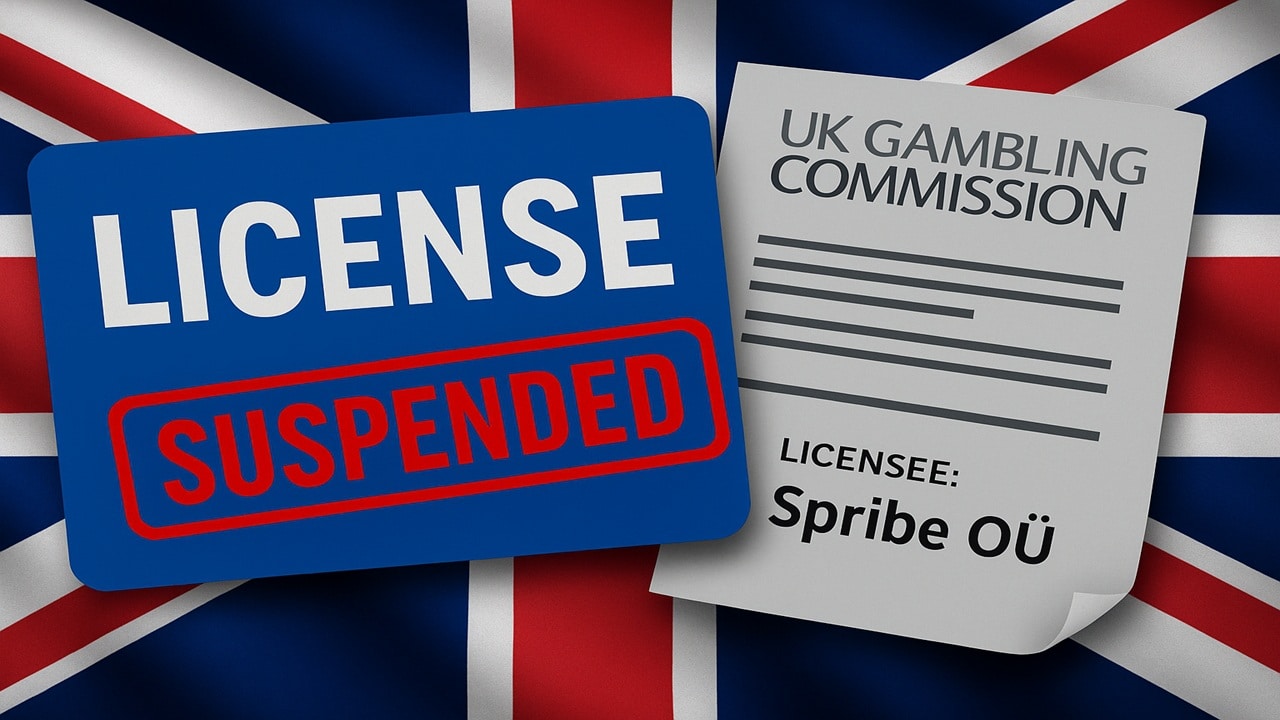


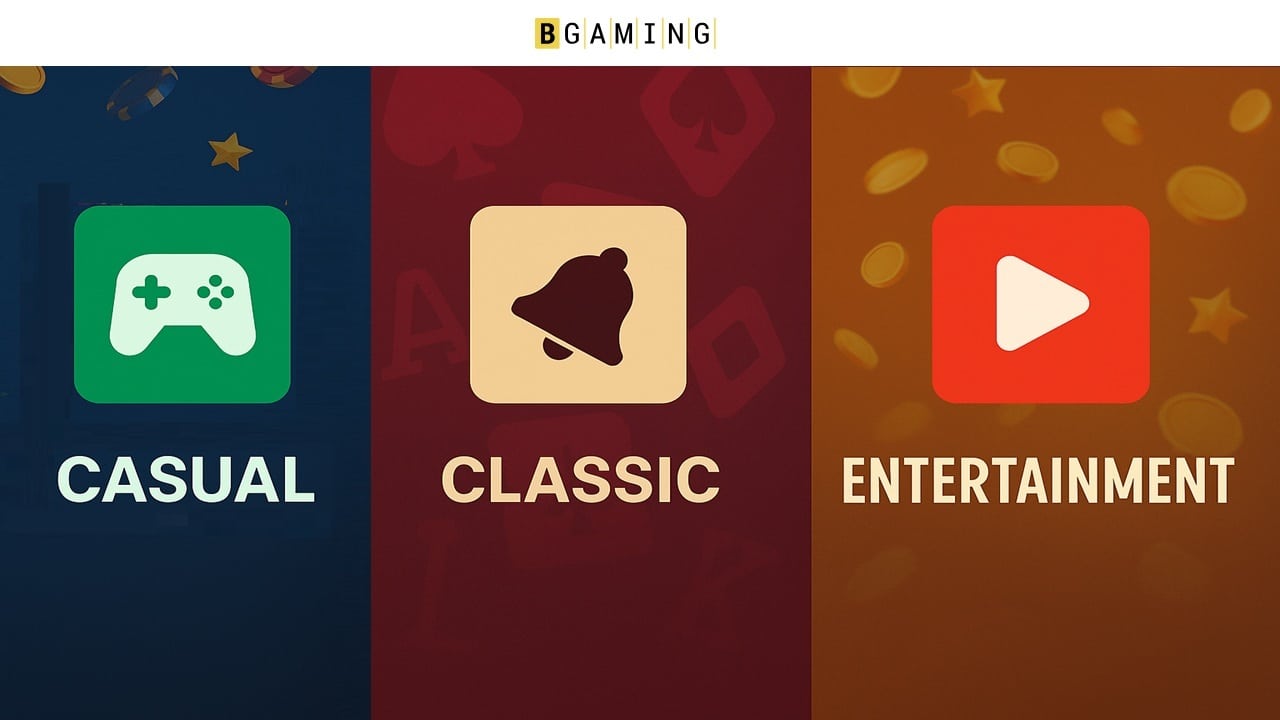
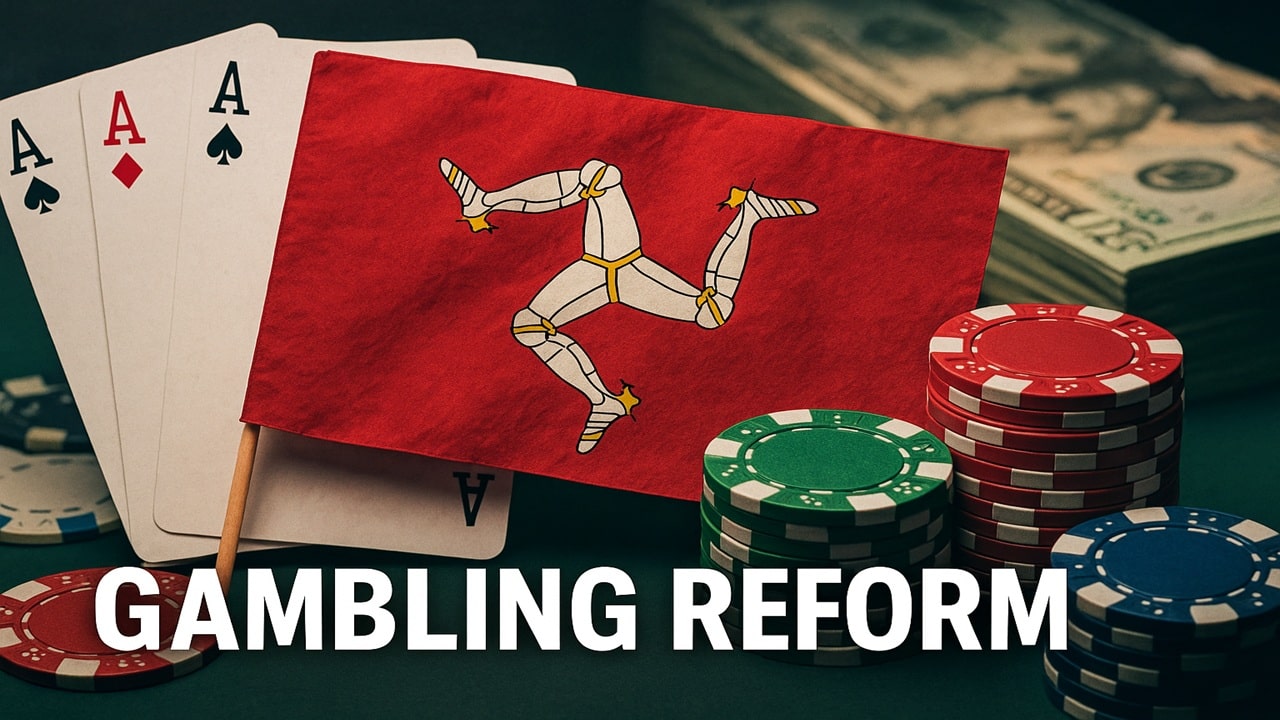
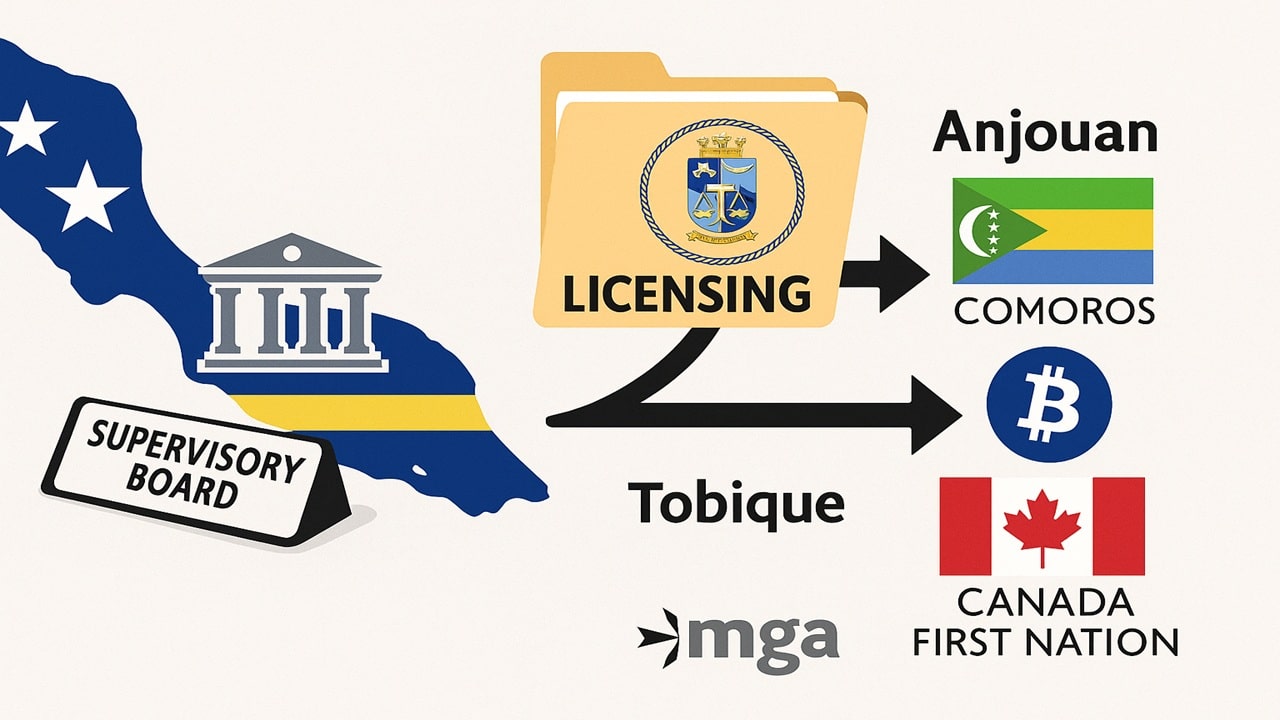
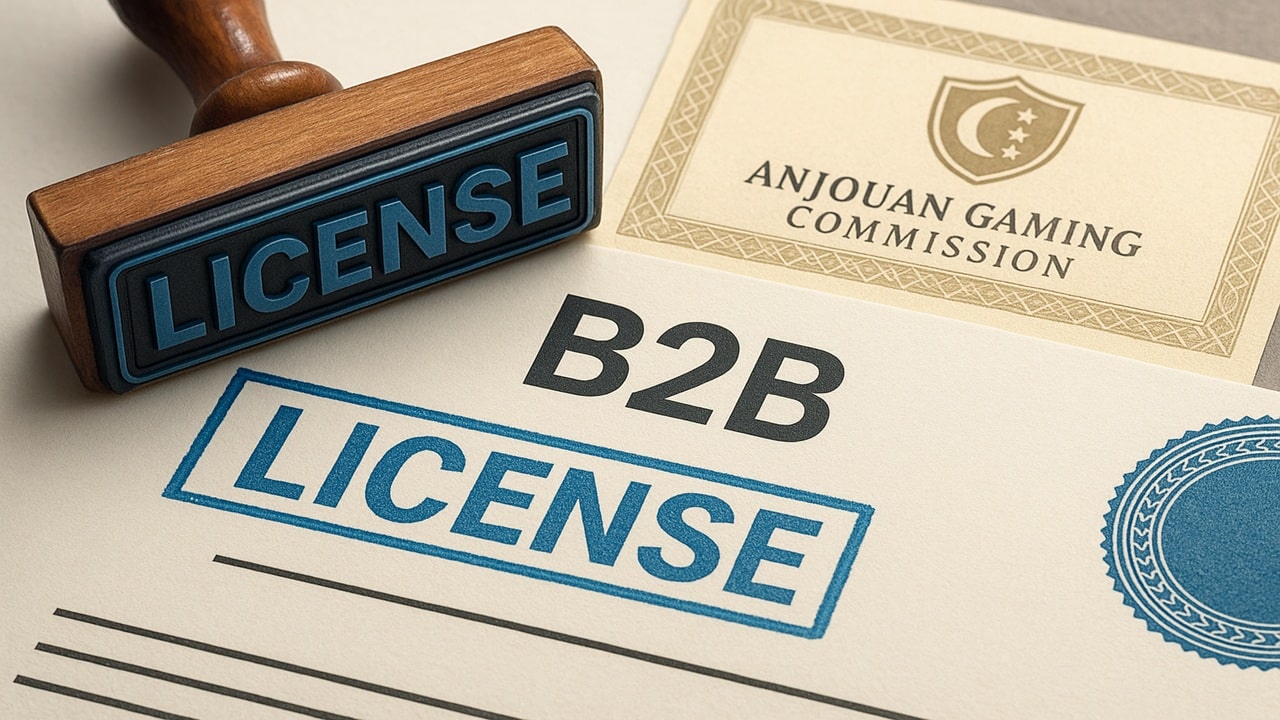
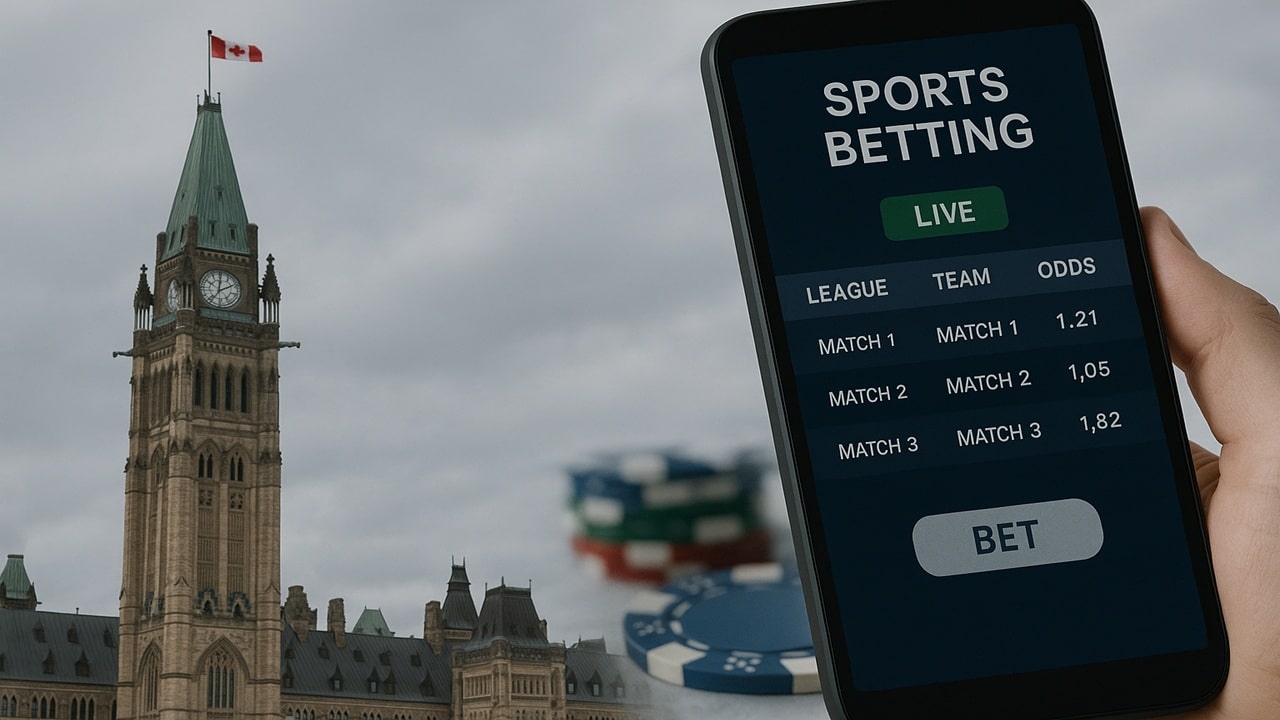
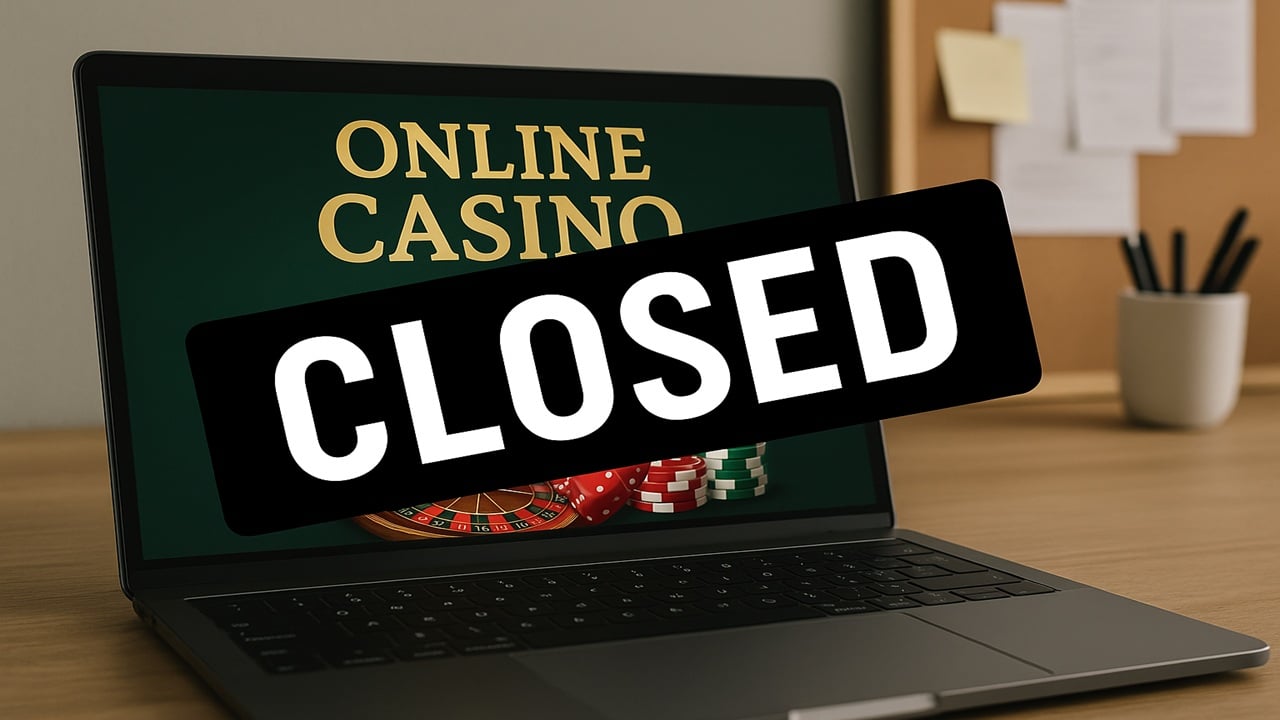



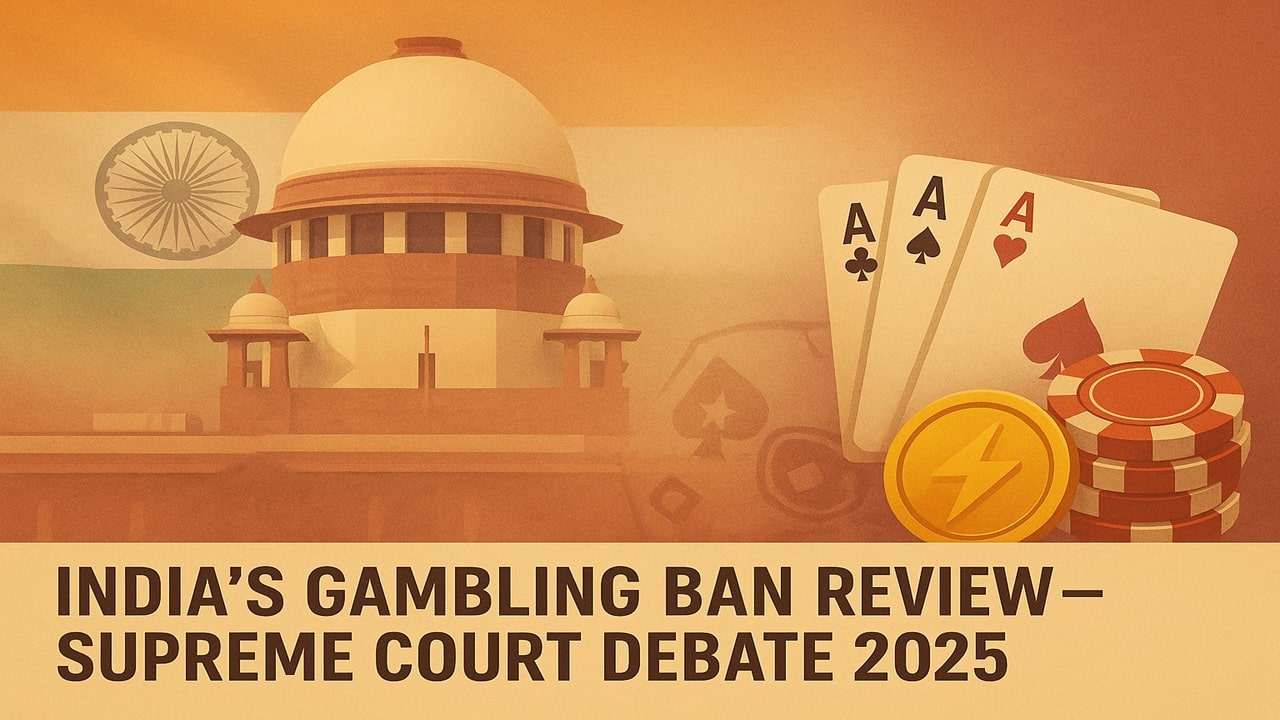

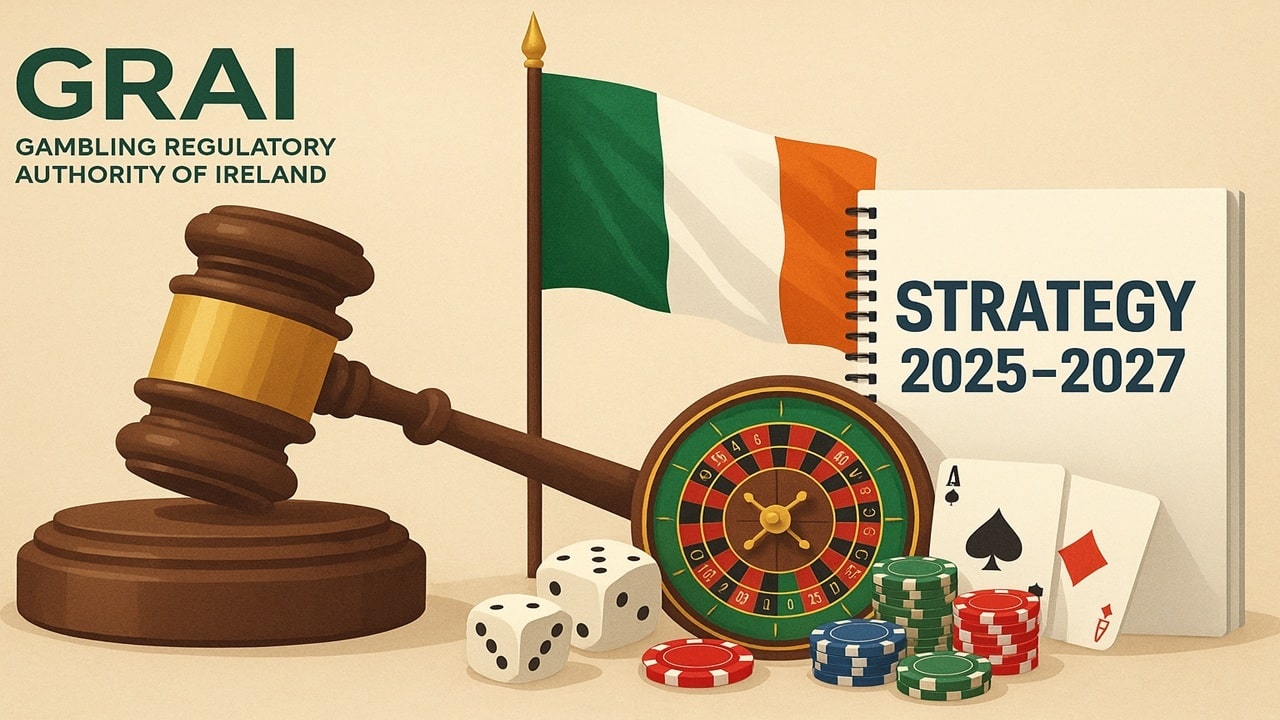
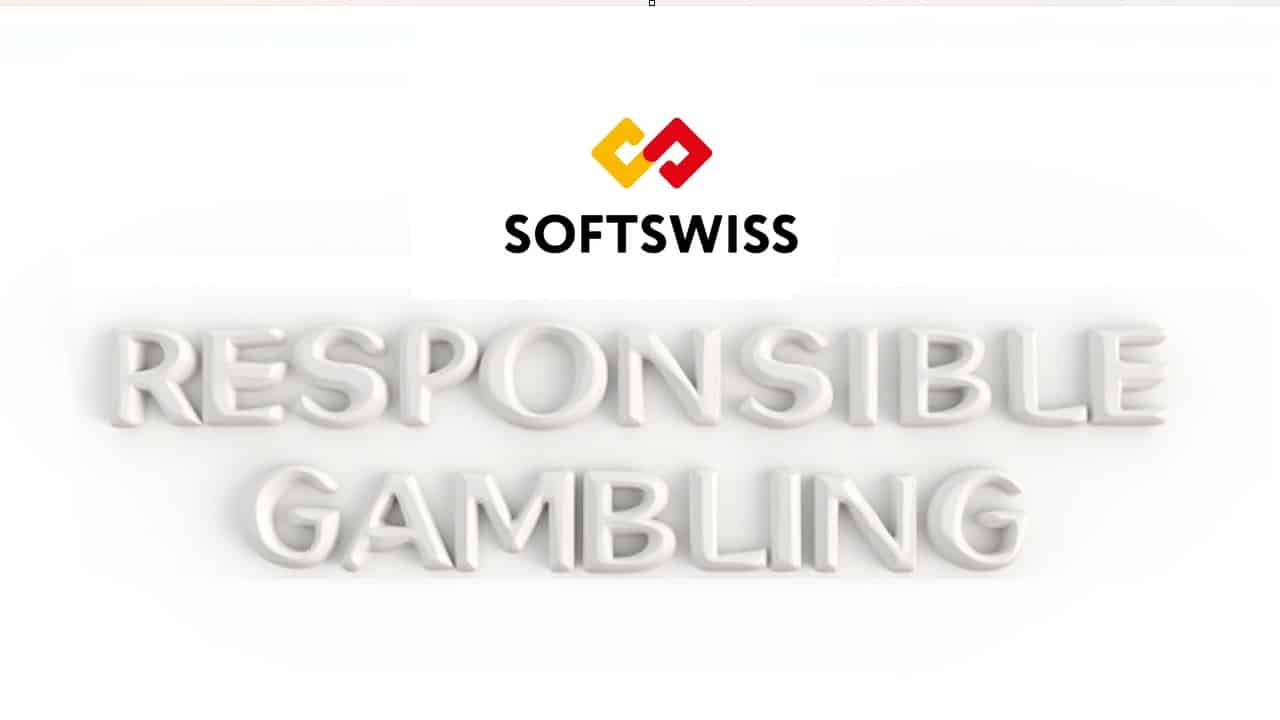
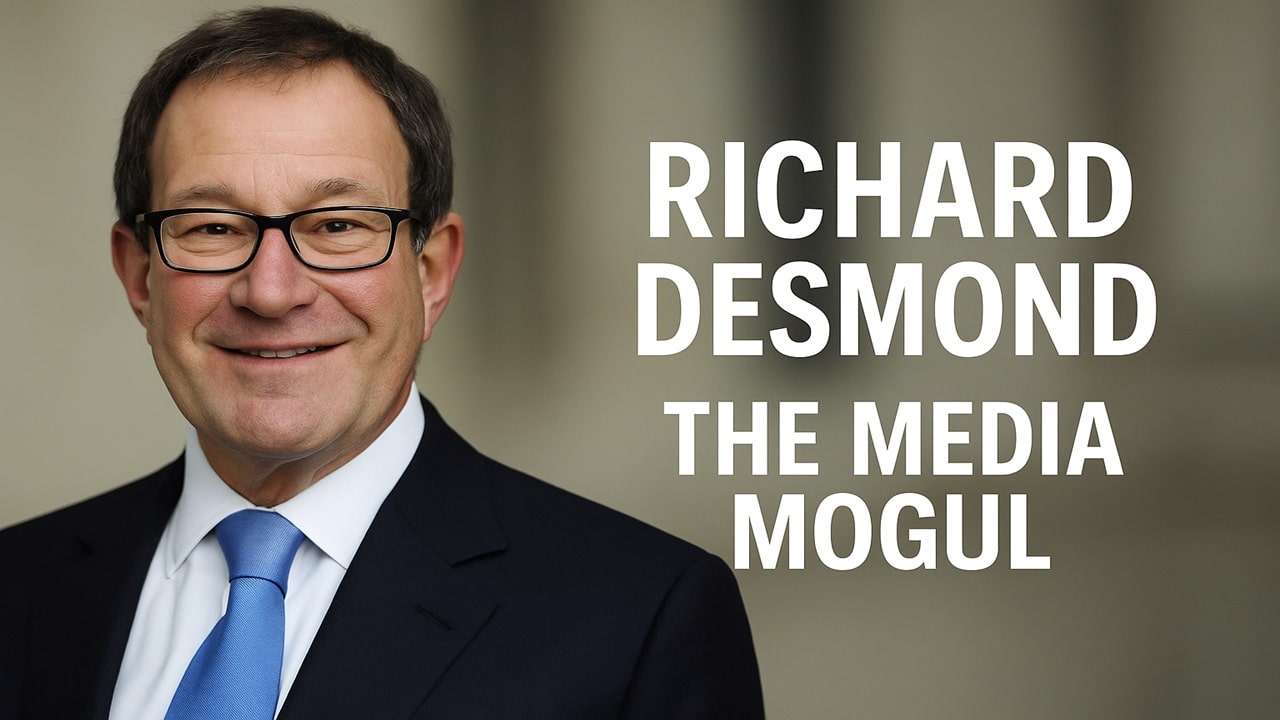

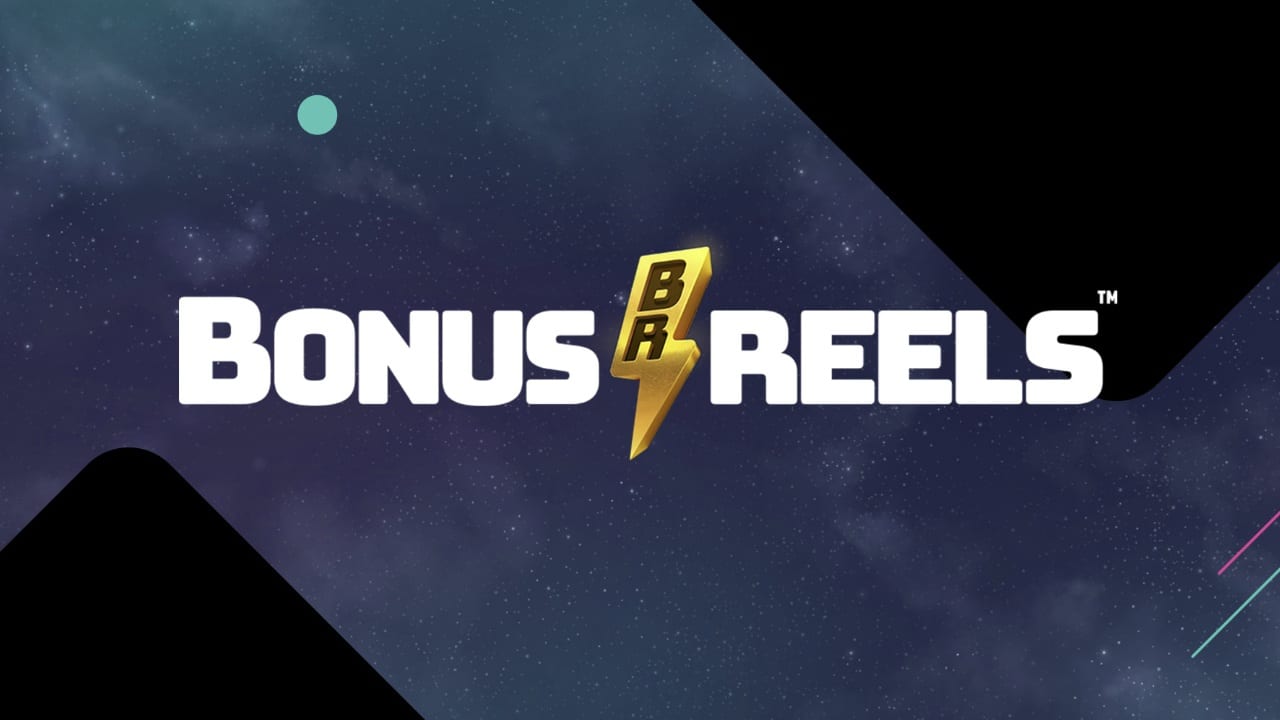



Leave A Comment